Hey! Did you know that, if you’re a paid subscriber to my newsletter, you have access to my subscriber chat where, as well as being subjected to the kind of daily ramblings which would probably be better suited to my diary (if I actually still had one), you can also ask questions, or make suggestions on things you’d like me to write about?
Well, you can. And this week I had a suggestion from Frieda. Here it is:
I would be curious about your writing practice (both for novels and the newsletters/blog). How to you manage to stay consistent, do you need anything to write, do you actually use your (very aesthetic) desk space, do you plan the plot in advance or is it mostly intuitive? A lot of these questions are partially answered in some of your newsletters, but I can’t remember a complete post about writing.
And Frieda is right: I haven’t actually written a post about my writing process, despite thinking about doing one quite a few times now. So, without further ado, here it is: how I write my books, blogs, and everything else…
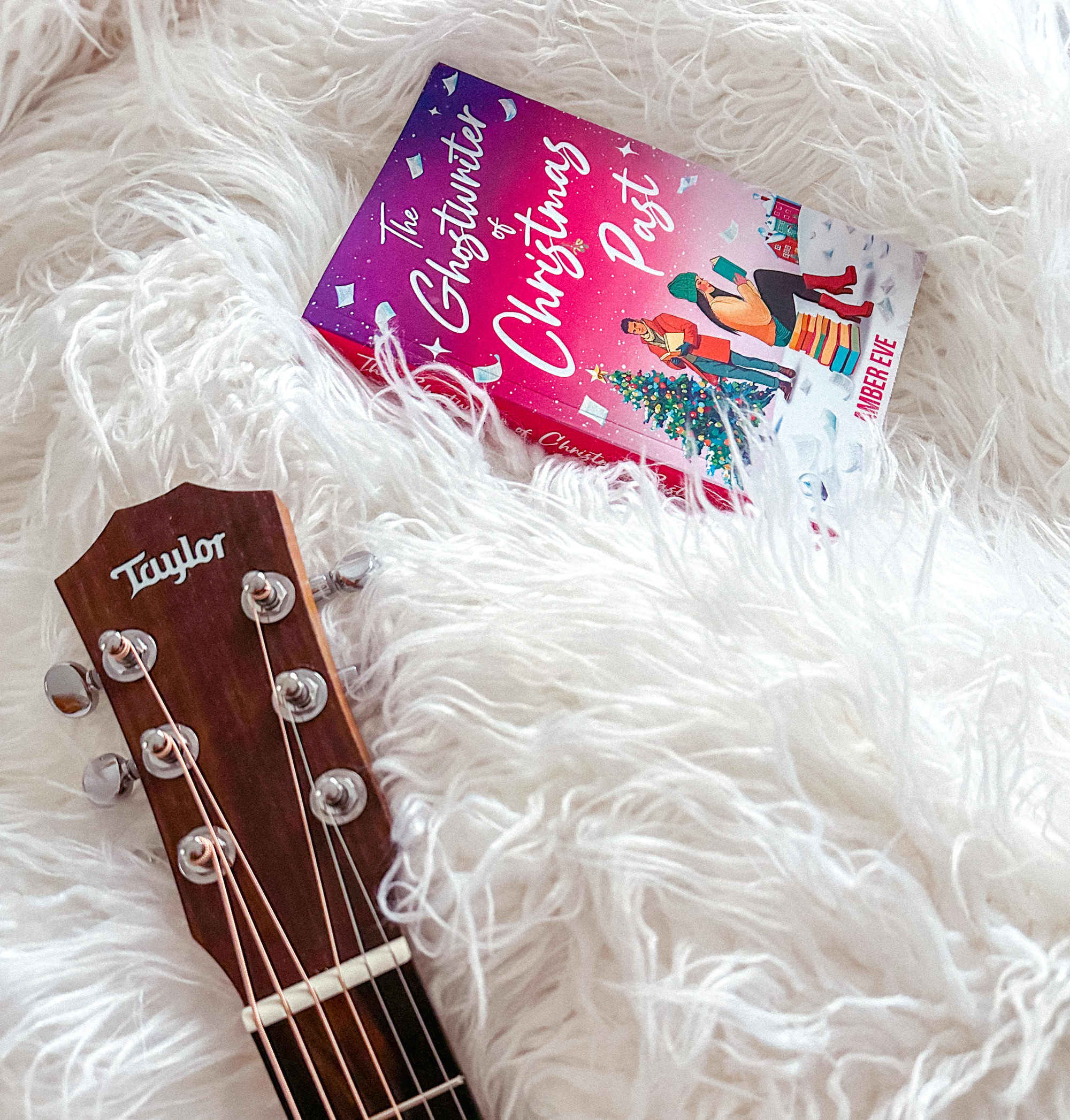
Stage One: The Idea
I could probably write an entire post on this part alone, to be honest, because the original idea for a book (or anything else) can come from anywhere: TV, song lyrics, the news, life… you get the picture. What I’ve found is that I can’t force it: I can’t just sit down one day and say, ‘right, now I’m going to come up with an idea for a book’. It just happens. Mostly while I’m in the shower, actually, or in the middle of the school run, or at some kind of social event where would be seen as pretty rude, really, to just rush off to scribble something down before I forget it.
Fortunately for me, I am never without my phone, so when inspiration strikes I’ll either write it down in my Notes app, or (more usually) email it to myself. Once I’m at my desk, I’ll transfer these scraps of ideas to a notebook I have for this very thing, so that, when the time comes when I do need to sit down and decide on a plot for my next book, I’ll be able to refer back to these notes — normally while scratching my head and saying, “WTF did I mean by that?!”
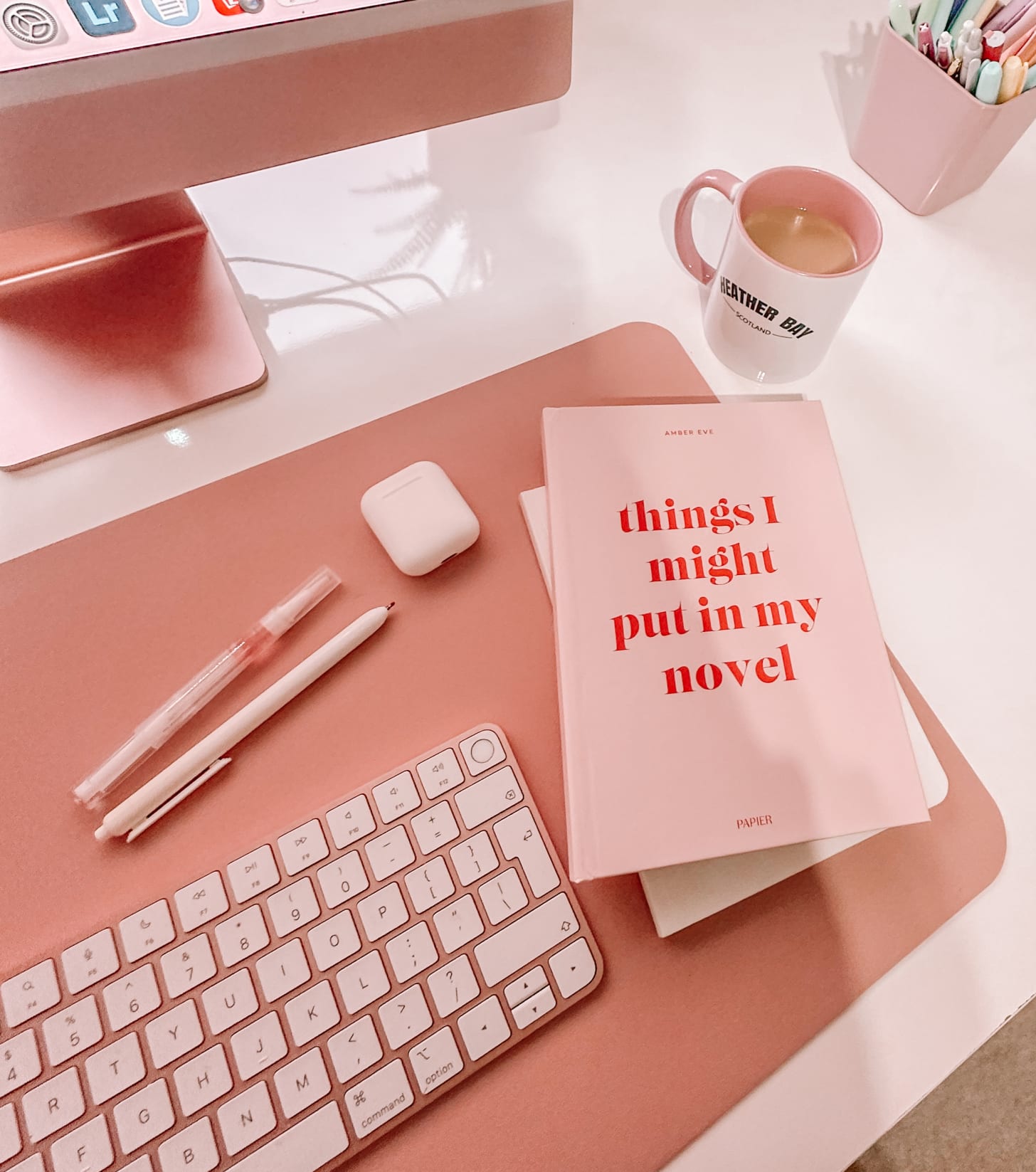
As you can probably tell from the photo, though, this notebook is purely for book ideas. My process for the blog/newsletter is much more haphazard, and when I have an idea for those, I’ll normally just open up a new post and give it a title, then save it to drafts.
Of course, that doesn’t always work out either, because sometimes I’ll just look at all of those draft titles and nothing will really inspire me. So that’s when the paid subscriber chat comes in!
Stage Two: The Plot
There are, broadly speaking, two types of writers you normally see discussed in terms of plotting: plotters (people who work from a fully developed plot and need to know every detail before they start to write), and ‘pantsers’ (ones who ‘fly by the seat of their pants’).
I fall somewhere between the two. I do need to know roughly what’s going to happen in the book — so, start, end, and a good few scenes in the middle — but I also tend to figure out quite a lot as I go.
With my first few books, I tried to come up with fairly detailed chapter-by-chapter outlines before I started work (Mostly because that’s what I was given to work from in my days as a ghostwriter, so it seemed like the most logical way to do it..), but I’ve given up on that now because no matter how carefully I thought I’d planned things out, I’d always find myself running into plot holes, or coming up with an even better idea idea that I just had to include, and which rendered my carefully-constructed outline completely useless.
So, these days I normally write something that’s more like a long synopsis (I have the current one open right now, and it’s 2,685 words, if you’re particularly interested…), in which I’ll write down the rough plot and everything I want to include in it, while knowing there’s a good chance I’ll deviate from it at some point — or perhaps many points — along the way.
This synopsis is normally only achieved after a lot of though and discussion with my husband, Terry, who I’ll brainstorm the idea with for as long as it takes for us both to be happy with it. For most of my books, the majority of this brainstorming would happen during the daily walks we used to take once Max was in school, but lately Terry’s been too busy to walk with me, so it’s been a bit more random and piecemeal.
With that said, all books are, of course, different; the plot of Ghostwriter, for instance, was developed during a few weeks’ worth of long walks last spring, but the plot of the book I’m currently writing came to me almost fully formed one lunchtime in November. By mid-afternoon, I’d written the aforementioned 2,685 word outline, and I started writing the book itself not long after, having given it very little additional thought. I have added quite a bit to it during the actual writing, but the basic structure is still the same, and I guess we’ll find out soon whether the relative ease of coming up with the idea is a good sign or a very bad one.
The rest of the plotting/development process, however, is fairly intuitive for me, and in that respect I guess I’d characterize myself as a ‘discovery’ writer. I don’t make up detailed character sheets where I attempt to figure out things like what each character’s star sign is and what they eat for breakfast, for instance (I do note down things like eye /hair color, age, and any other important details in a notebook I keep for each book), and nor do I create vision boards, or anything like that. I have a small amount of guilt about all of this, because I feel like my books would probably be better if I were to put in all of this initial work, but, once I’ve come up with the idea/plot, I always just want to get on with it, and I feel like forcing myself to sit down and try to figure out what each character’s favorite animal is, or how they take their coffee, would be a really easy way for me to kill the momentum and want to die give up.
(I want to be really clear here that I am absolutely not knocking authors who do go into this level of detail; like I say, I know my books would probably be all the better for it; it’s just not how I like to work. With that said, I do really need to figure out a better way to keep track of things like character names, ages, etc, because that can get really confusing — especially if you’re writing a series — and I have a horrible tendency of re-using the same names over and over).
Stage Three: The Writing Bit
And so we come to the important bit; actually writing the thing. Although each book is different, this part is actually always roughly the same, so I’ve bullet-pointed it, in an attempt at brevity…
* I write each book in the order it’ll be read. I will very occasionally jump ahead a bit if I’m really stuck with a particular scene and just want to move on, but doing this always makes me feel a bit itchy and uncomfortable, so, for the most part, I start with chapter one and then just keep going until I reach the end.
* I can’t start until I have a title — as some of you will know from the whole ‘Ghostwriter’ debacle.
* I will agonize for days sometimes over the opening line/paragraph; until I have that exactly as I want it, I really struggle to write more.
* I do all of my writing using the free Reedsy Editor, which I swear by. I do have both Scrivener (which I hate) and Atticus (Which Terry uses to format the books), but while I’m sure there are other programs out there which have much more/better features, Reedsy is the one I feel most comfortable with, and I have no plans to change.
* I buy a new notebook for each book; normally personalised, with the title on the front (I get these from either Papier or Martha Brook), and I’ll use this to make notes on everything from everyone’s names to plotting ideas, scraps of dialogue, etc. Reedsy does have a ‘planning’ section you can use for this, but I guess I’m fairly old school about it, because I much prefer to use a good, old-fashioned pen and paper.
* One of the reasons I like Reedsy (I swear I’m not on commission from them, by the way, although I probably should be, given how often I recommend them to people…) is the ‘goals and insights’ section, which allows you to set a ‘manuscript goal’, containing the number of words you want to write, your deadline, and which days of the week you write on. It then uses this info to tell you how much you need to write each day to meet your goal, and, as a very target-orientated person, I find this really useful; I’m honestly not sure how I’d get anything done without it.
* I set a deadline for each book, even if I don’t have a pre-order set up, purely so I can make use of this daily target to keep myself on track. I set the wordcount goal at 80,000 words, which is about average for romance novels, but this is just an estimate: each book is as long as it needs to be for me to tell the story.
* I write every day Mon-Fri when Max is in school. My working hours are technically 9-5pm, but I usually spend the mornings on things like social media, or working on the blog and newsletters. Afternoons are for book-writing, and I try to write at least until I hit the target Reedsy’s set for that day (I don’t always manage this, but most of the time I do…).
* Every day, before I start writing, I go over yesterday’s work and edit it. I’ll spend quite a long time on this, which means I end up with a fairly ‘clean’ draft, because I’ll have (hopefully) have fixed any issues as I go. Somewhat controversially, I don’t produce multiple drafts of each book; I just continue editing until I’m happy with what I’ve got. (Spoiler: I am never happy.)
Blog and newsletter
I know the original question asked about all of the writing I do, and not just the books, but, as I said, because the books are my main focus, my process for everything else is much more haphazard, and I just do my best to fit in the newsletter and blog whenever I have space for them; normally on weekday mornings, before I start work on whichever book I’m writing at the time.
Back when the blog was my main source of income, I was much more organized with it, and would have a weekly/monthly publishing schedule, but that’s all fallen by the wayside as the books suck up most of my time now.
Other questions…
I covered the question about plotting above, but here are some quick answers to the other questions Frieda had…
How do you manage to stay consistent?
Two things help with this:
01.
I have a freakishly strong guilt mechanism, which means that once I’ve decided to do something (See, Dry January, keeping up my ‘streak’ on Simply Guitar, getting my 10,000 steps per day…), I HAVE to do it otherwise the guilt at NOT having done it will outweigh any actual pleasure I got from just skipping it. So I can be extremely disciplined when I really want to do something, and, honestly, I just wish I could have applied this to my attempt to learn how to do the splits that time, because imagine how cool that would’ve been!
02.
I desperately need the money. Honestly, it’s as simple as that. Writing is how I pay my mortgage and keep Max in the many, many pairs of shoes he seems to go through, and, well, the thought of the fictional Victorian workhouse is a REALLY powerful motivator, I find. (Don’t recommend this as motivation, though, tbh. I dunno, maybe try manifestation or something instead?)
It also has to be noted here that I have the privilege of being able to do this full time (for now), which, of course, really, really helps. I know a lot of writers are having to fit it in around day jobs, and all kind of other things, and those people are basically superheroes to me, because I honestly don’t know how that’s even possible.
Do you need anything to write?
Silence. I need absolute silence — or as close to it as I can get, anyway. I have misophonia (Which, yes, is every bit as fun as it sounds), and have never been one of those writers who needs constant background noise; I can’t focus at all if there’s music playing, or the TV is on, so although my home office is (mostly) quiet during the day, I always keep my AirPods on my desk so that if there’s any unexpected noise from the street*, I can put them in and use white noise to tune it out.
(* Weirdly, I don’t mind general ‘life’ noise like lawnmowers, say, or kids playing outdoors, but at one point this week the window cleaner turned up and, once he’d finished the windows, proceeded to sit in his van opposite the house for 30 minutes, blasting music from the stereo, and if I hadn’t had my white noise to drown it out, I swear to God, you’d be hearing about this episode on the news by now, rather than just reading about it in my newsletter…)
Do you actually use your desk space?
Yes! Every day! For some reason, I always see female authors/writers depicted lounging on their stomach on an unmade bed, kicking their feet up behind them as they tap away at a laptop, but, a) HOW? How would you even be able to write like that for longer than a few minutes?, and b) NO.
Male writers, on the other hand, are almost always depicted sitting at a proper desk (normally in front of a window) and looking very serious and ‘author-y’ in glasses and a turtleneck, and that’s actually closer to the truth for me — although without the turtleneck and the serious expression, and I don’t think I look particularly ‘author-y’ either.
I do, however, always write at a desk; or, at the very least, at some kind of desk-like surface. Before I got my iMac, I used to sometimes sit at the kitchen table with my laptop, just for a change of scene, and before Max was born, I would occasionally write blog posts from bed (although sitting up, not lying on my stomach…), but these days everything quite literally comes to you from the desk of Amber Eve, because it’s the only way I can get anything done.
In some ways, I’m actually slightly disappointed in myself for this insistence on using a ‘proper’ desk, because I like to think of myself as the kind of free-spirited writer who sits tapping away in busy cafes or maybe under a shady tree, with a view of a ruined castle. It would be much better for my brand, let’s face it. But, sadly for me, we don’t have any ruined castles nearby, and cafes tend to have Other People in them who would make a lot of distracting noise, so the desk it is.
And I think that’s all I can think of for now in terms of my writing process, although I will no doubt think of something else I should have included as soon as I hit ‘post’ on this…
As always, if you have any questions, please feel free to drop me a comment, and I’ll do my best to get back to you!




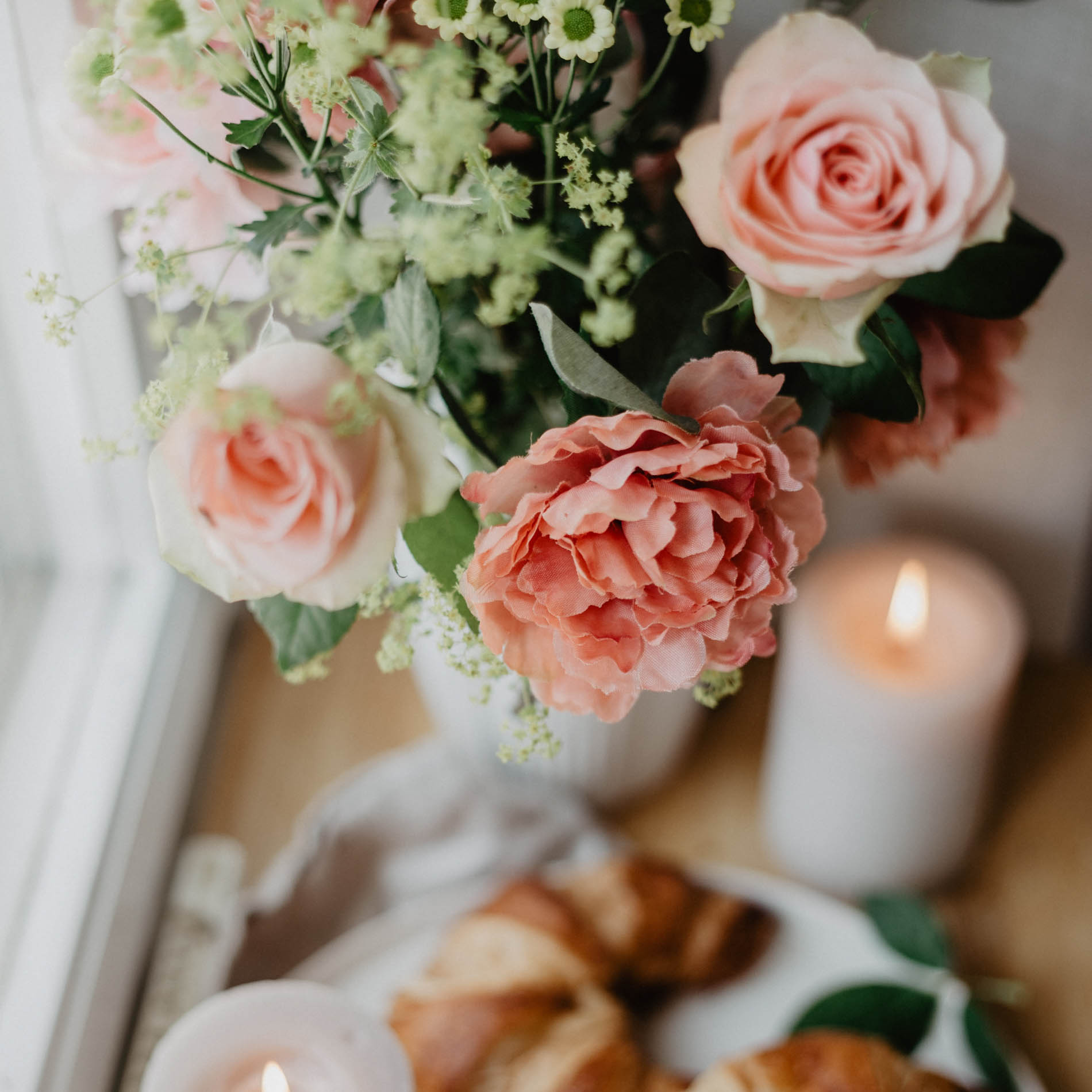


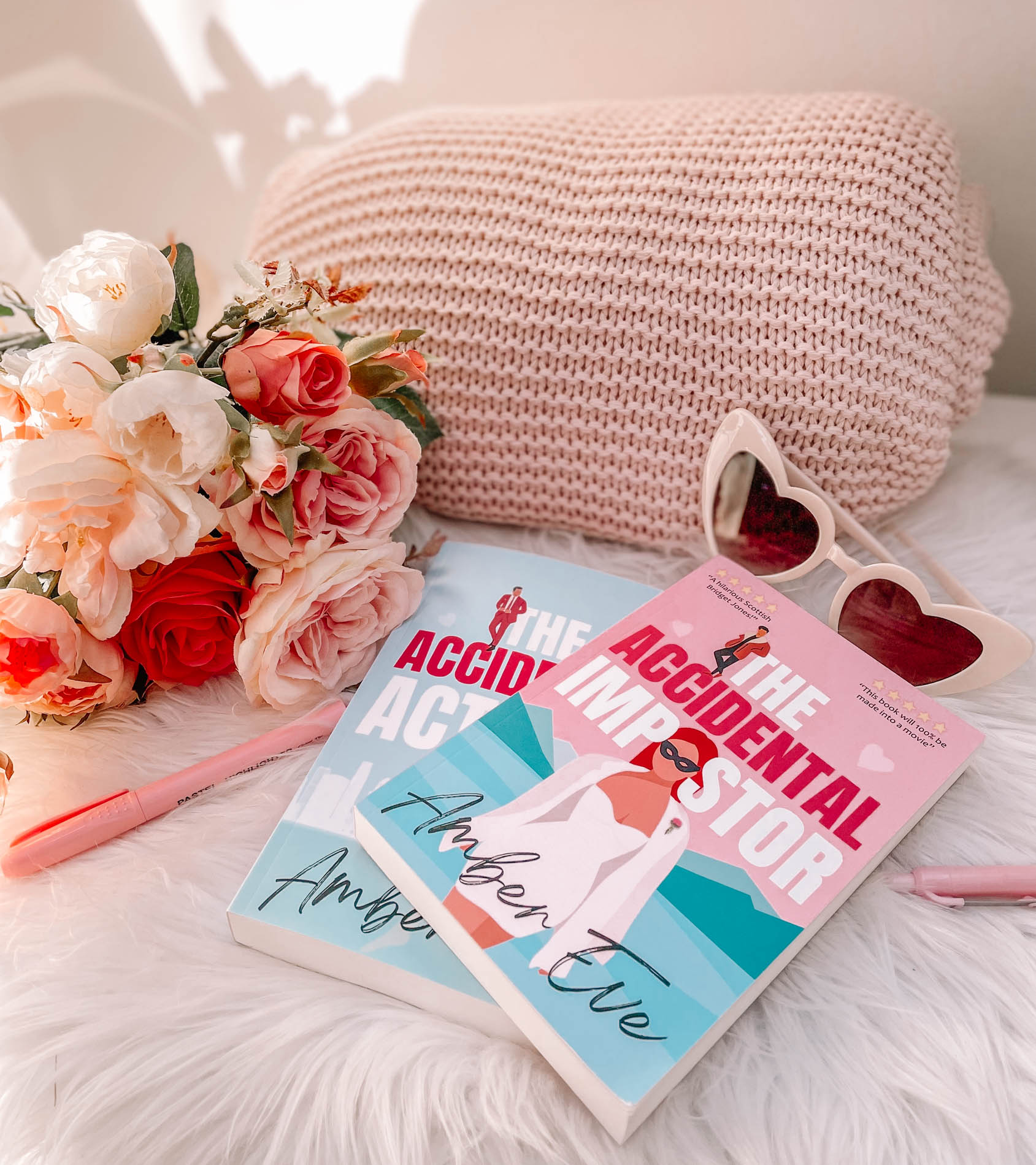
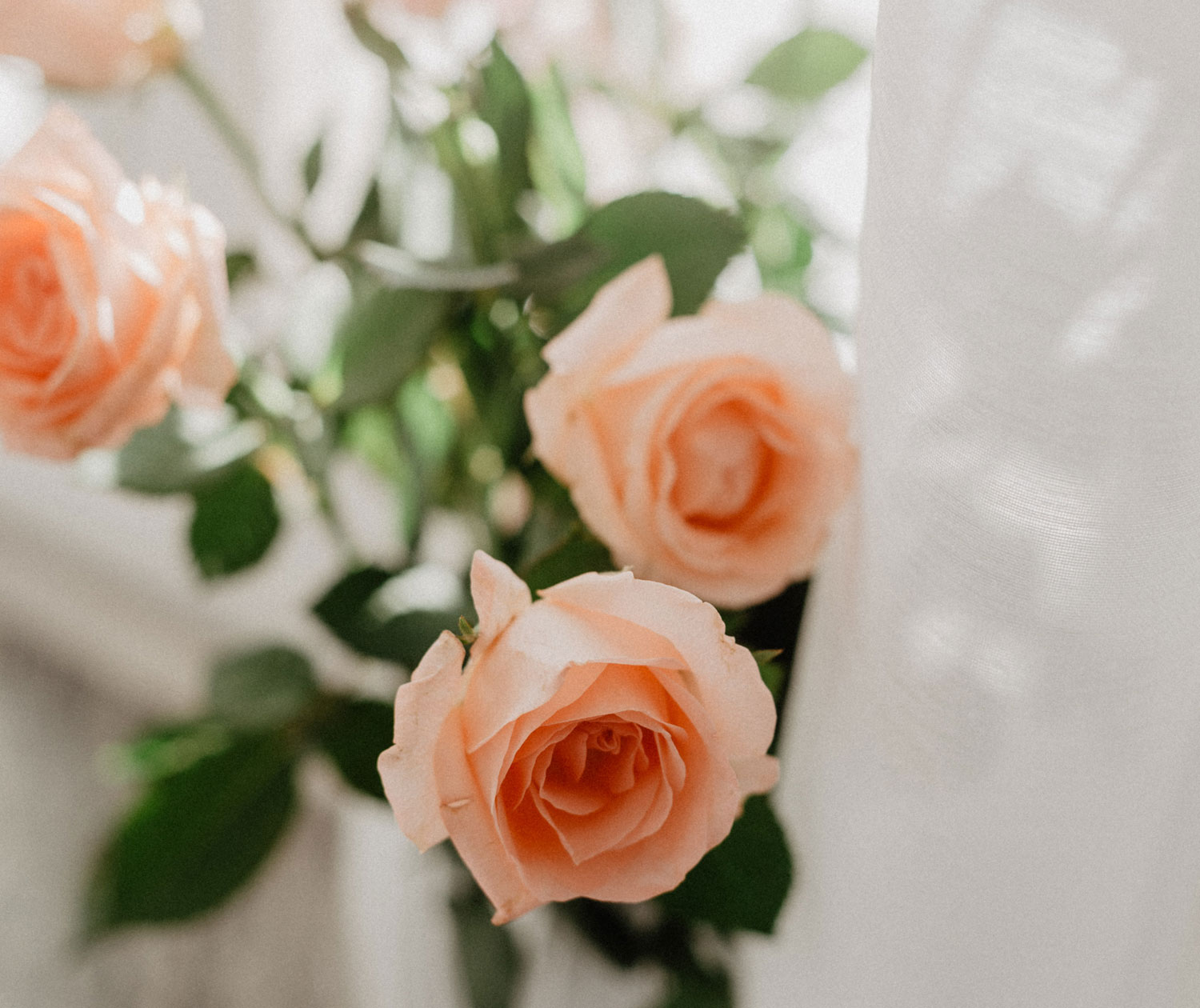


Nancy
02/11/2025Thanks, this was a fun read, as always. I like learning the behind-the-scenes of a writer. Even though you are “at desk” still sounds very romantic! (: